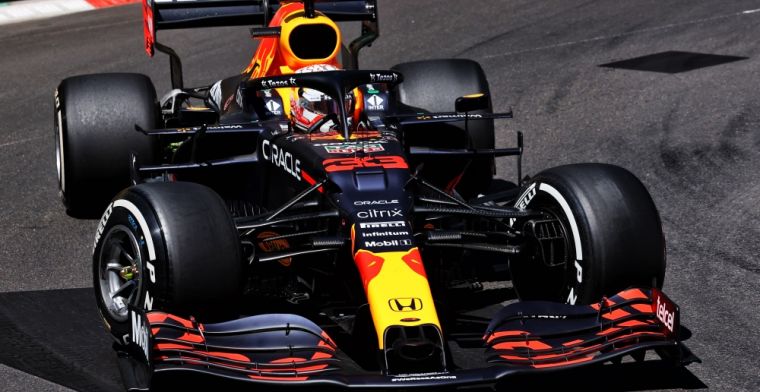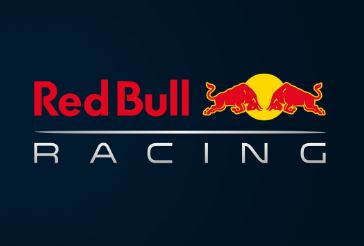FIA officials put Max Verstappen’s vehicle through “random testing.”
A random examination of Max Verstappen’s car was conducted during the Saudi Arabian Grand Prix.
The FIA chose Max Verstappen’s car for a random test following his decisive win at the Saudi Arabian Grand Prix. In 2024, the Dutchman kept his perfect record going by winning the race and finished 13.6 seconds ahead of teammate Sergio Perez.
Following the race in Jeddah, Verstappen solidified his lead in the Drivers’ Championship standings, positioning himself as the clear frontrunner to clinch a fourth consecutive title at just 26 years old. Post-race, his Red Bull vehicle underwent scrutiny from the FIA to ensure the legality of specific components.
The FIA later confirmed that Verstappen’s car successfully passed the examination. In a statement, they remarked, “Following the Saudi Arabian GP, car number 01 underwent random selection among the top 10 cars for thorough physical inspections. The inspections encompassed front and rear suspension dampers, the engine air intake system, the oil and coolant system, charge air cooling, and all associated sensors. All scrutinized elements were found to comply with the 2024 technical regulations.”

Random post-race testing of cars is a routine procedure that takes place at every event on the Formula 1 calendar. This practice gained notable attention during last year’s United States Grand Prix when Lewis Hamilton and Charles Leclerc were disqualified after the fact due to excessive plank wear. It later came to light that only four cars had undergone inspection.
The disqualifications stirred significant controversy on social media, prompting the FIA to offer clarification. They stated, “Random checks are conducted regularly each weekend on various aspects of the cars. This protocol has been in operation for many decades.”
“It exists to ensure compliance with the regulations by virtue of the fact that the teams do not know before the race which specific areas of which cars might be examined beyond the standard checks carried out on every car each weekend. This means that, from their perspective, any part of the car could be checked at any time, and the consequences for non-compliance with the technical regulations can be severe.”
Martin Brundle expressed skepticism regarding the FIA’s approach, suggesting that every car should undergo post-race checks rather than just a select few. In his Sky Sports column, he argued, “If 50 per cent of the tested cars failed, then shouldn’t all the finishers have been checked? The answer must surely be yes.”

